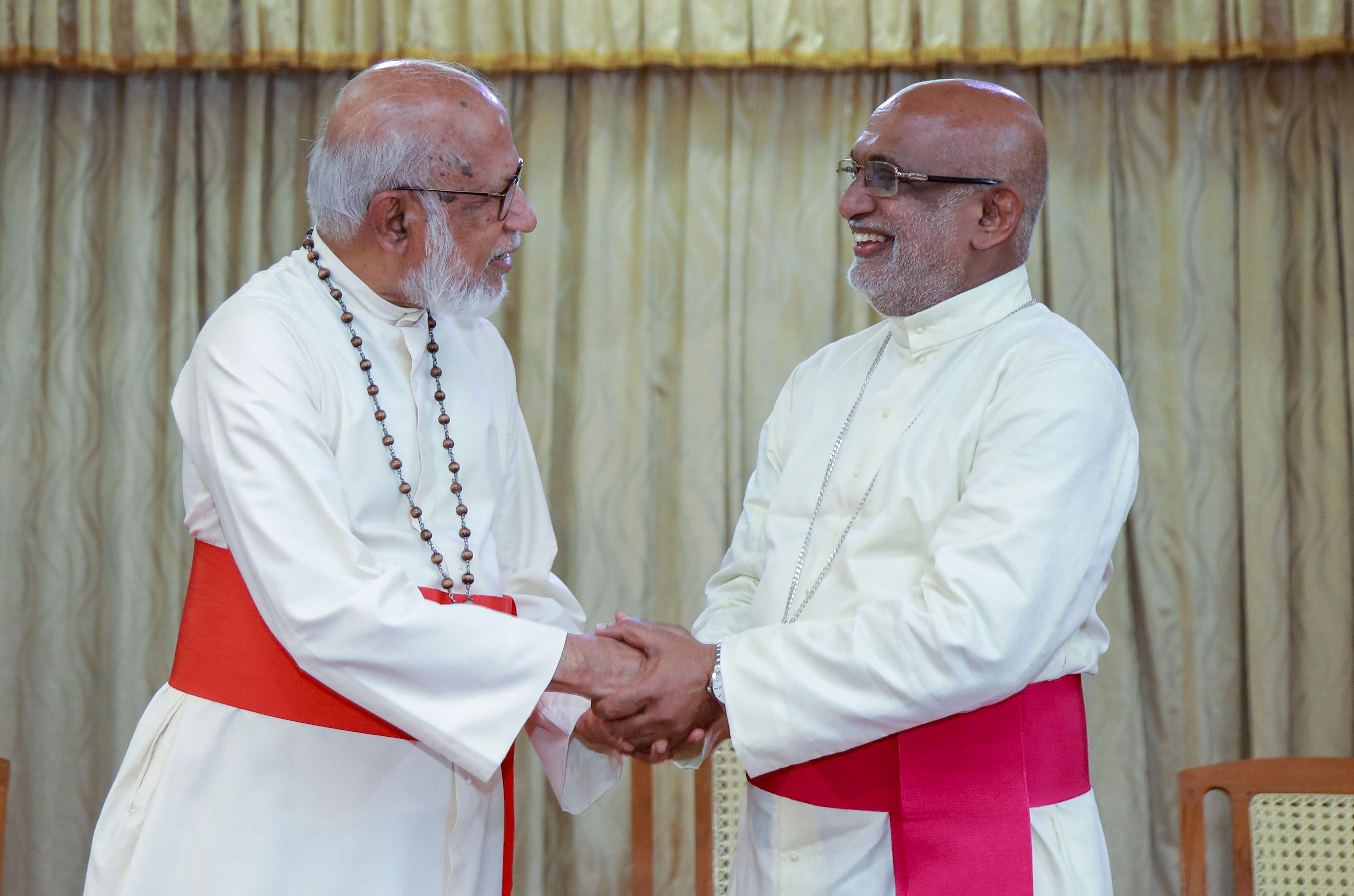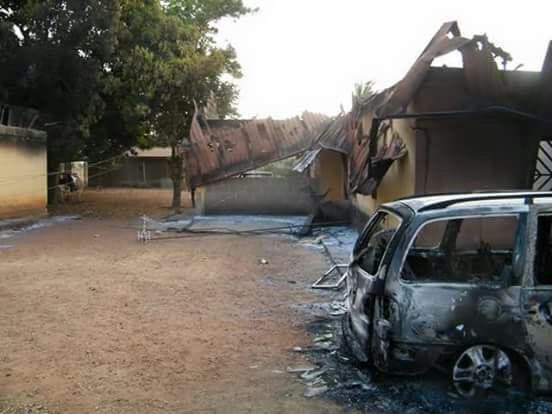Christians across east and west Africa are facing twin threats from jihadists and dictatorships, according to the 2024 World Watch List.
The report from Open Doors, which ranks the 50 nations where Christians face the worst persecution and discrimination worldwide, said that jihadists and autocratic governments backed by larger powers have driven attacks on Christians in sub-Saharan Africa, where at least 4,606 Christians were killed this year for their faith.
The real number killed is probably much higher, the report says.
Open Doors chronicled a growth in the scope and intensity of persecution, with 365 million Christians – one in seven worldwide – now facing high levels of persecution and discrimination. This has increased from 360 million in 2023.
The report describes a surge in violence, with a seven-fold increase in attacks on churches, Christian schools and hospitals from 2,110 listed in last year’s report to 14,766 in the latest report. Attacks on homes have also risen 371 per cent.
North Korea remains the most dangerous place to be a Christian, with reports of mass repatriations of escapees sent back from China.
The Chinese government is also tightening its restrictions on Christianity, closing an estimated 10,000 house churches and increasing its cyber surveillance of Christians.
There was an exponential rise in violent persecution in India, now number 11 on the World Watch List. Faith-based killings of Christians in India rose from 17 to 160, while 62,000 forced to leave their homes, driven in part by ongoing violence in Manipur.
Churches have been repeatedly attacked amid ethnic conflict in the north-eastern state, where the largely-Christian Kuki-Zo tribal communities have clashed with the Meiteis people, who are largely Hindu, over “scheduled tribe” status.
Manipur’s chief minister Nongthombam Biren Singh last week proposed to remove the Kuki from the status, which grants constitutional recognition for tribal groups and entitles them to preferential treatment such as reservation in education, jobs and political representation.
The Indigenous Tribal Leaders’ Forum issued a statement in response on 10 January, saying this would “escalate the conflict”. They called it a “political ploy” to erase tribal history and identity. Tribal peoples form about 41 per cent of Manipur’s 3.2 million population.
Tribal groups have accused Indian Prime Minister Narendra Modi, of the Hindu-nationalist Bhartiya Janata Party (BJP), of ignoring violence in Manipur because it is governed by the BJP, while its Chief Minister Singh is a Meitei himself and has the backing of the Meitei community.
Violence broke out in May over a demand for “scheduled tribe” status for the Meiteis, leaving at least 200 people dead and over 50,000 displaced. Sporadic violence has continued since.
“If the state government goes ahead with its move to delist the Kuki-Zo from the [scheduled tribes] list, no doubt it will spell disaster for the state which is still unable to restore peace months after the worst violence,” said a Manipur-based Church leader who asked not to be named.
Those supporting the government claim the Kuki-Zo are migrants from neighbouring Myanmar. But “the Kuki-Zo in Manipur are sons of the soil and their forefathers even participated in India’s freedom struggle,” the Church leader insisted on 12 January.
“The government move can only create more trouble and would not achieve anything substantial other than further escalation of violence and delay in restoration of peace and normal life,” he added.



 Loading ...
Loading ...